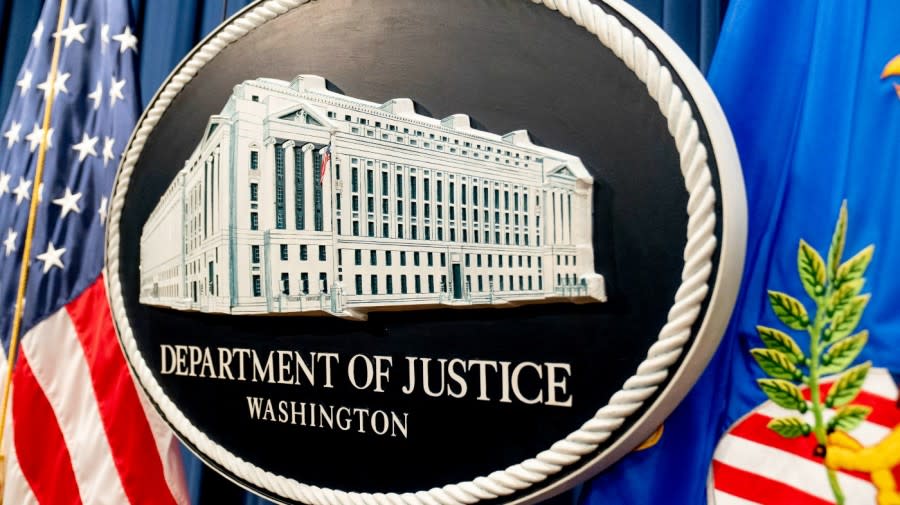DOJ argues end of health emergency will terminate Title 42 immigration policy

The Biden administration argued in a filing with the Supreme Court that its plans to rescind the COVID-19 public health emergency will likewise terminate Title 42 powers that limit migrants’ ability to seek asylum.
In the late Tuesday filing, the government criticized Republican-led states for attempting to “perpetuat[e] CDC’s public-health orders as makeshift immigration policy.”
“Absent other relevant developments, the end of the public health emergency will (among other consequences) terminate the Title 42 orders and moot this case,” the Justice Department wrote.
“The government has also recently announced its intent to adopt new Title 8 policies to address the situation at the border once the Title 42 orders end,” it added, referring to the section of the U.S. code that lays out the standard process for removing migrants from the country.
The Biden administration last month announced it will formally revoke the public health emergency on May 11, noting that both the COVID-19 national emergency and public health emergency orders were put in place by the Trump administration.
The Biden administration has a complex relationship with Title 42.
While it sought to revoke numerous other Trump-era immigration policies, it has used Title 42 broadly despite complaints from immigration advocates that it contravenes both U.S. and international laws dealing with the right to asylum.
It moved to rescind the policy last April, only to have it reinstated by lower courts amid legal challenges.
Since then, it has expanded Title 42 for use against Cubans, Venezuelans, Nicaraugans and Haitians, while also rolling out a program to allow citizens from the countries to apply for permission to enter the country for up to two years.
GOP-led states are seeking to intervene in a case first brought by migrants seeking to challenge the legality of Title 42. A district judge found the policy illegal and ordered the Department of Homeland Security to wind down its use by last December.
If the Supreme Court allows the states to intervene, it will likely ignite further legal challenges over the legality of the underlying policy.
Republicans have said the coming end of the public health emergency will not nullify Title 42, arguing the two policies require individual termination orders.
For the latest news, weather, sports, and streaming video, head to The Hill.

